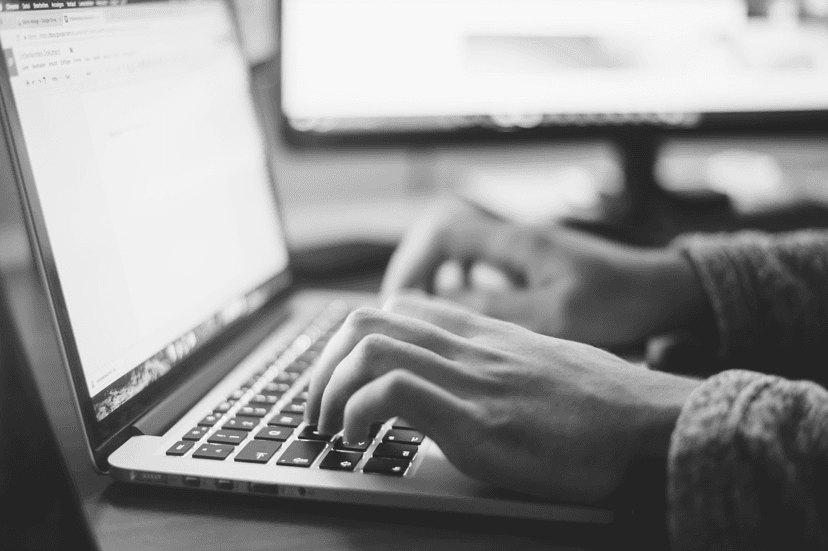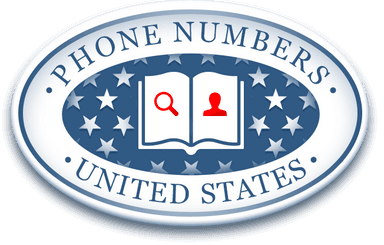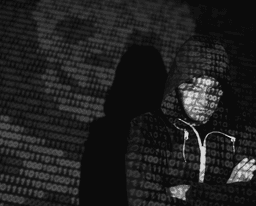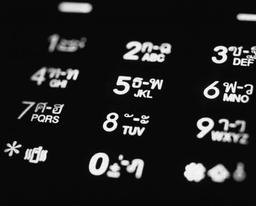10 Personal Details You Should Not Share Online

10 Personal Details You Should Not Share Online
Social media is probably the easiest way to keep up with friends, family, and loved ones. Almost everyone, regardless of age group or generation, has one or more social media accounts. Facebook, the world's most popular social media platform, has nearly 3 billion users, while YouTube, the second largest, has more than 2 billion. Sharing on social media is easy, quick, and supports all media types, including text, photos, and videos.
Why You Shouldn’t Overshare on Social Media
Although social media has more than a few advantages, there is some risk that comes with oversharing. As much as you'd like to keep your teeming followers posted about the fun places you go or the things you spend your day doing, you should be very careful about the things you decide to post online. One significant risk is identity theft. With the right amount of information at their disposal, anyone can steal your identity and impersonate you. Every year, several million Americans fall victim to different kinds of identity theft. The other risk incurred from sharing too much is security. Your physical and financial security may be at risk depending on what and how much you share.
Ten Personal Details You Should Never Share Online
To reduce potential losses to the barest minimum, here are ten personal details you should not share online.
- Financial Information
Keeping financial details away from the internet seems like quite the no-brainer. Most people already know to keep their debit or credit card numbers and related details off the internet. However, there are other tiny bits of financial information you may not consider risky enough to keep private. For instance, conversations on Twitter about the financial market might spur people to post details of their stock portfolios or how much they have tied up in the market. Other people may post bank balances, paycheck information, and even details of their CashApp or PayPal accounts. Always remember that these things should be kept private to avoid being targeted by cybercriminals.
- Location Data
Many devices can detect your current location whether or not you specifically have location settings turned on. Social media accounts also sometimes add your location to a post, especially when you're at a public place like a restaurant or a park. If you like to post a lot or are interested in keeping followers updated, turn off the location tag. Also, depending on the place or event, it might be better to only post after you have left.
- Travel Itinerary
There's usually no need for your followers to know about everything on your travel itinerary, including stops along the way. While it's great to post about amazing vacations and beautiful destinations, anyone can follow your posts to find where you are and put you in physical danger. On the other hand, a confirmed travel itinerary tells people that you're not home. This means that burglars can enter your home and make away with valuables.
- Personal Rants and Complaints
Social media is great for getting advice about personal or general issues. Since you can potentially reach a million and one different people worldwide, there is a very good chance that someone has lived your experience and could guide you through it. However, you must be very cautious about ranting online. For instance, social media is a bad place to complain about your boss because someone who knows your boss could see it and report it to them.
- Personal Conversations
People post screenshots of personal messages to their timelines for many reasons, including humor. However, personal conversations should not make it to the public. This is especially important when the topic of discussion is private. No matter the context, do not post personal conversations to the public. If you must, ensure that it's nothing specific and generally lightweight. Remember that even things you don't consider traceable might be potent in the hands of a cybercriminal.
- Self-Incriminating Content
Oversharing becomes quite the problem when the law is involved. People who like to post a lot tend to write things that the public should not see. Self-incriminating content may include posting a picture or video of yourself drinking while driving, or engaging in other illegal activity. You can also implicate yourself by posting something that could get you fired from your job, even if it is not unlawful.
- Photos of Your Children
People tend to post pictures of their children and include information that should not be public. For instance, you might decide to post a picture of your child on their way to school with a badge or crest that clearly tells your followers what school your child attends. Anyone can use that photo to find your child or stalk them until they find you. You should keep this information offline for the safety of your child and the entire family.
- Passwords, Password Hints, and Security Questions
You should never share your password with anyone who doesn't share your account. A password is very personal as it ensures that you're the only one with access to the account. This goes without saying, as many people already know not to share their passwords online. However, people are usually not as careful with password hints. If your password is your dog's name and you have a habit of posting your dog with its name in the caption, you might be spoon-feeding hackers without realizing it.
You should also be careful with inadvertently sharing answers to security questions. For instance, you may reveal your mother's maiden name in a congratulatory message or a Mother's Day post. You may also post revealing information as part of your response to a social media quiz. As you engage, be careful not to provide answers to sensitive questions because you never know who is watching.
- Personal Identifying Information
People are unlikely to simply tweet their addresses or Social Security numbers. However, many posts contain details that reveal personal identifying information. For instance, you might be excited to post your new driver's license, especially if you're getting one for the first time. You should either blur out personal details or simply not post a driver's license, Social Security card, and other documents or means of identification containing personal identifying information.
- Expensive Purchases
People excitedly post pictures of new purchases, such as cars, jewelry, houses, designer clothing, phones, or computers. Announcing purchases like these shines the spotlight on yourself and calls for attention. Criminals see these posts and then try to defraud you or may even violently rob.
Many people are worried about what social media companies do with the personal information they gather on registered users. However, the most significant risk, in many cases, is the information that people deliberately share by themselves. Ensuring your privacy and safety starts with limiting the information you share as much as possible.


